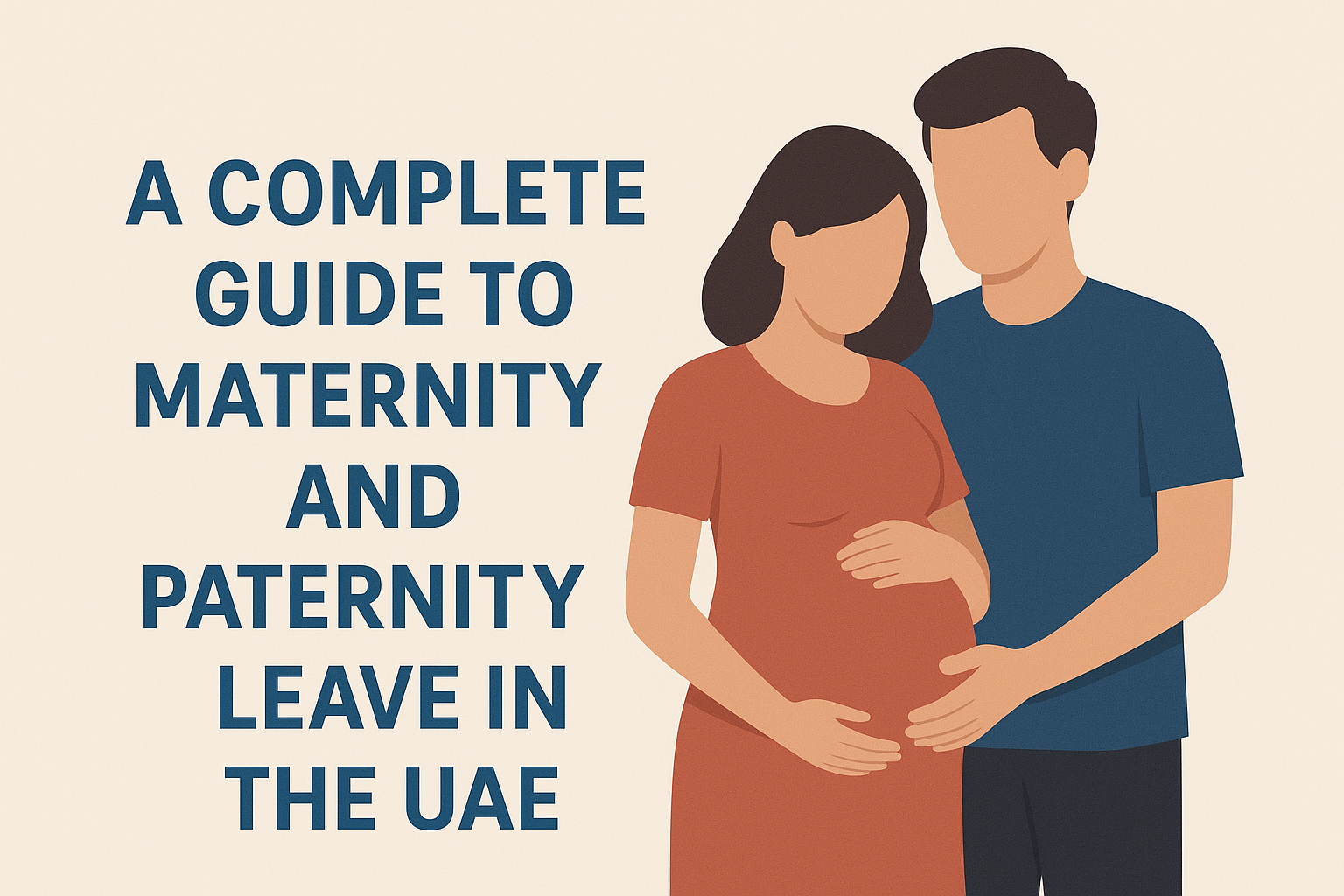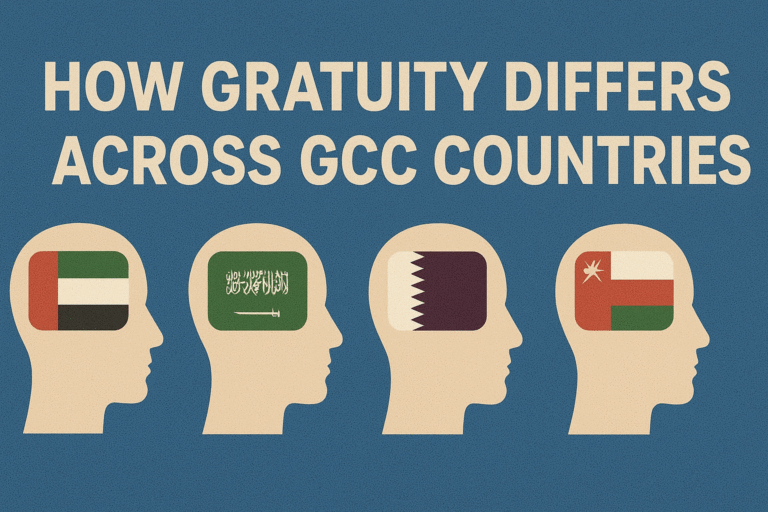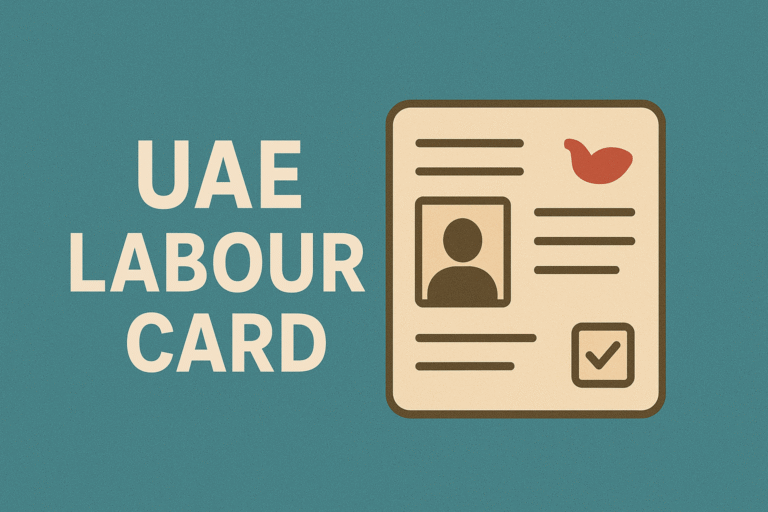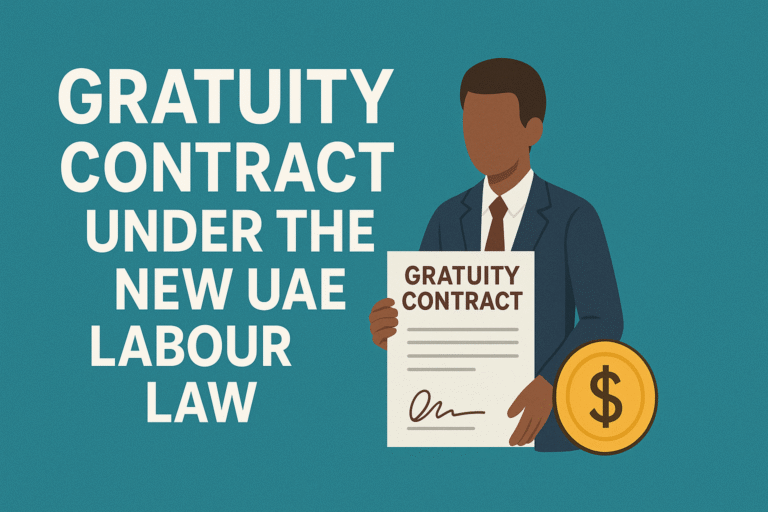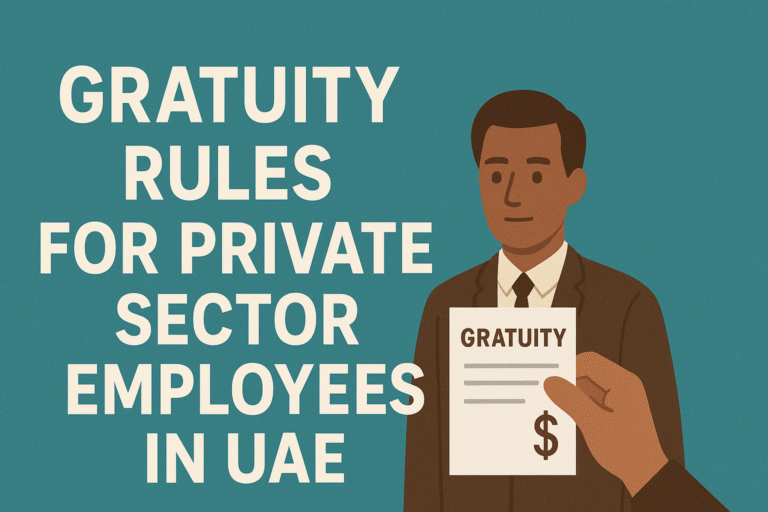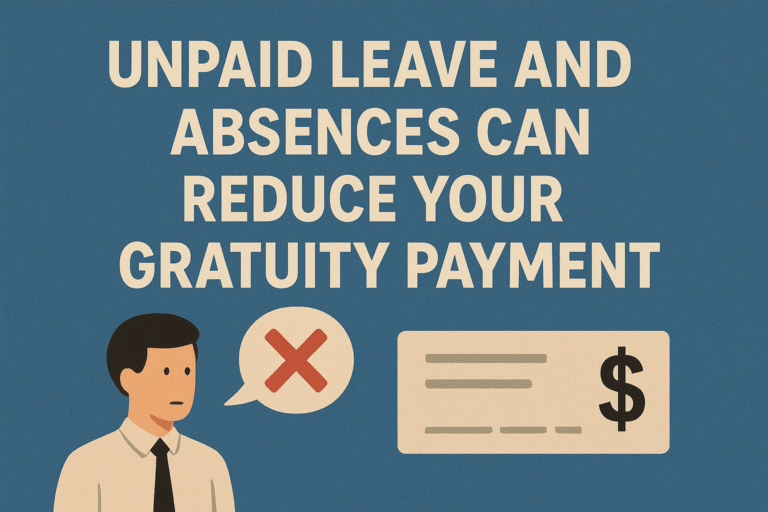A Maternity and Paternity Leave Guide in the UAE
Welcoming a new baby is a life-changing moment, and understanding your rights around maternity and paternity leave in the UAE is crucial. In the UAE, maternal and paternal leave are defined by country’s labour law giving fair and equal treatment to both the parents. This guide offers an in-depth look at the maternity, paternity, and parental leave for employees in both the private and public sectors, ensuring you have the complete information.
Understanding UAE Labour Law on Maternity Leave
The foundation of parental rights in the workplace is the UAE Labour Law, Federal Decree-Law No. 33 of 2021. This legislation establishes the minimum standards and protections for employees across the country.
Core protections for new mothers
The law is built on the core principle of supporting working mothers by providing paid time off to recover from childbirth and bond with their newborn. Private sector female employees get 60 days of maternity leave: 45 fully paid, 15 at half pay—no minimum service required anymore — that’s a significant shift toward fairness.
Recent updates and amendments
Key amendments have introduced parental leave for both parents and have standardized benefits. For example, if complications arise, there’s up to 45 extra unpaid days. For a child born with disabilities or serious health issues—30 days fully paid, plus potentially 30 unpaid, with valid medical proof.
Eligibility for Maternity Leave
Understanding whether you are eligible for maternity leave is the first step. The requirements are:
Minimum service requirements for private-sector employees
In the private sector, a female employee is entitled to full maternity leave benefits if she has completed one year of continuous service with her employer but compensation may vary. If she has worked for less than a year, she is still entitled to the leave period but at half pay or, in some cases, unpaid, depending on the employer’s policy.
General eligibility across Emirates
Eligibility is generally consistent across the Emirates, applying to all female employees on permanent contracts. The primary distinction in benefits arises between the private and public sectors, with public sector employees often receiving more generous packages. While, free-zone employees typically follow similar rules unless their zone has its own law.
Maternity Leave in the UAE Private Sector
For those working in private companies, the law sets clear minimums for maternity leave.
Duration of Leave: Paid vs. Unpaid
Employees are entitled to a total of 60 days of maternity leave. This is structured as:
Additional Unpaid Leave
Nursing Breaks Upon Return
Upon returning to work, for the first six months after delivery, a mother is entitled to one or two paid nursing breaks per day, not exceeding a total of 30 minutes.
Maternity Leave in the UAE Public Sector (A Comparative Look)
The public sector in the UAE generally offers more extensive maternity benefits.
Salary and Financials During Maternity Leave
If you also want to check what your end-of-service gratuity might look like after maternity leave, you can use this UAE Gratuity Calculator to get an instant estimate based on your salary and service period.
Beyond Maternity: Paternity and Parental Leave
Job Security and Employee Rights
UAE Labour Law explicitly prohibits an employer from dismissing an employee due to her pregnancy or while she is on maternity leave. Any such termination would be considered arbitrary and unlawful.
Employers must grant the legally mandated leave, continue to pay the employee as required, and allow her to return to her role or a similar one upon completion of her leave.
Most employer-provided health insurance plans are required to cover costs associated with maternity, including prenatal checks, delivery, and postnatal care.
Practical Steps: Applying for and Managing Your Leave
Special Considerations for Expats
The UAE Labour Law applies to all employees in the private sector, regardless of nationality. Expatriate employees are entitled to the same maternity and paternity leave benefits as UAE nationals.
There are no major legal differences. The key is to ensure your employment contract and visa status are in order. Pay close attention if you’re in a free zone—it may follow separate rules.
The Future of Maternity Benefits in the UAE
The UAE continues to review and enhance its employment laws. There is ongoing discussion about further extending private sector maternity leave to align more closely with the public sector, signaling a positive future for working families in the nation.
There’s chatter about extending maternity leave to 90 days across the board—employers are already going beyond legal minimums to improve family support and equity. It’s not official yet, but it’s a meaningful shift.
